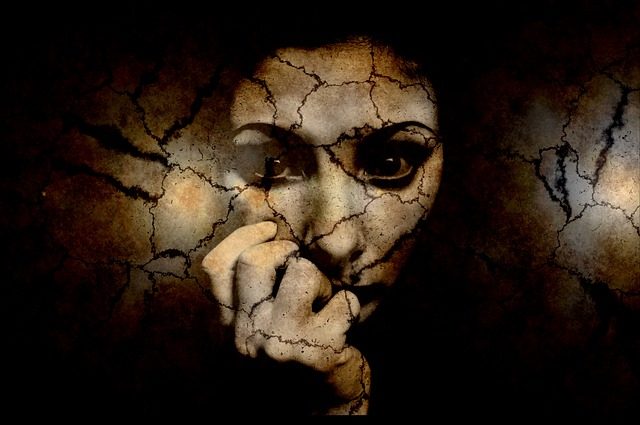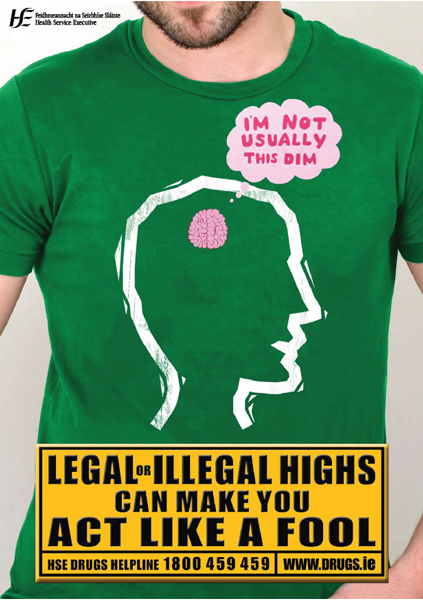Psychological issues that Teens Battle with
Psychological
Teenagehood is the time when young adults develop their personalities and attract the opposite sex. A small defect in their appearance can be devastating. Acne, which is predominant in teenagers, can cause serious social and psychological effects. There is a strong connection between attractiveness, physical appearance and peer status. Acne can crash the self-esteem of a teenager and lead to other adverse psychological traumas.
Acne can have profound social and psychological effects. These are not necessarily related to its clinical severity. Even mild acne can be significantly disabling. Acne can affect people of all ages but it predominantly occurs during the teenage years. Approximately 85% of people between the ages of 12 and 25 develop acne.
The psychological and social impacts of acne are a huge concern, especially because acne affects adolescents at a crucial period when they are developing their personalities. During this time, peer acceptance is very important to the teenager and unfortunately it has been found that there are strong links between physical appearance and attractiveness and peer status.
Sourced from:http://www.dermnetnz.org/acne/acne-psychological-effects.html
The mental health condition of a parent coupled with the parent’s behavior and familial relationships may impact psychological risks to a child. The level of risk posed will depend on the onset age, the intensity and duration of the mental illness as well as extent to which the symptoms affect positive parenting.
What impact does a parent’s mental illness have on children?
The effect of a parent’s mental illness on children is varied and unpredictable.[1] Although parental mental illness poses biological, psychosocial and environmental risks for children, not all children will be negatively affected, or affected in the same way. The fact that a parent has mental illness alone is not sufficient to cause problems for the child and family. Rather, it is how the mental health condition affects the parent’s behavior as well as familial relationships that may cause risk to a child. The age of onset, severity and duration of the parent’s mental illness, the degree of stress in the family resulting from the illness, and most importantly, the extent to which parents’ symptoms interfere with positive parenting, such as their ability to show interest in their children, will determine the level of risk to a child. The child’s age and stage of development is also important.
Sourced from: http://www.mentalhealthamerica.net/parenting
Eating disorders may be caused by biological, social and behavioral factors. The society favors bodies with a certain shape or size. Young people who want to acquire those bodies deny themselves food and in the long run cause more harm to their bodies and mind. Distress, fear of becoming overweight and low self-esteem among others are some of the reasons teens suffer from eating disorders.
Doctors aren’t certain what cause eating disorders. They suspect a combination of biological, behavioral, and social factors. For instance, young people may be influenced by cultural images that favor bodies too underweight to be healthy. Also, many children and teens with eating disorders struggle with one or more of the following problems:

Distress
Fear of becoming overweight
Feelings of helplessness
Low self-esteem
To cope with these issues, children and teens may adopt harmful eating habits. In fact, eating disorders often go hand-in-hand with other psychiatric problems such as the following:
Anxiety disorders
Depression
Substance abuse
Sourced from: http://www.webmd.com/mental-health/eating-disorders/features/eating-disorders-children-teens



